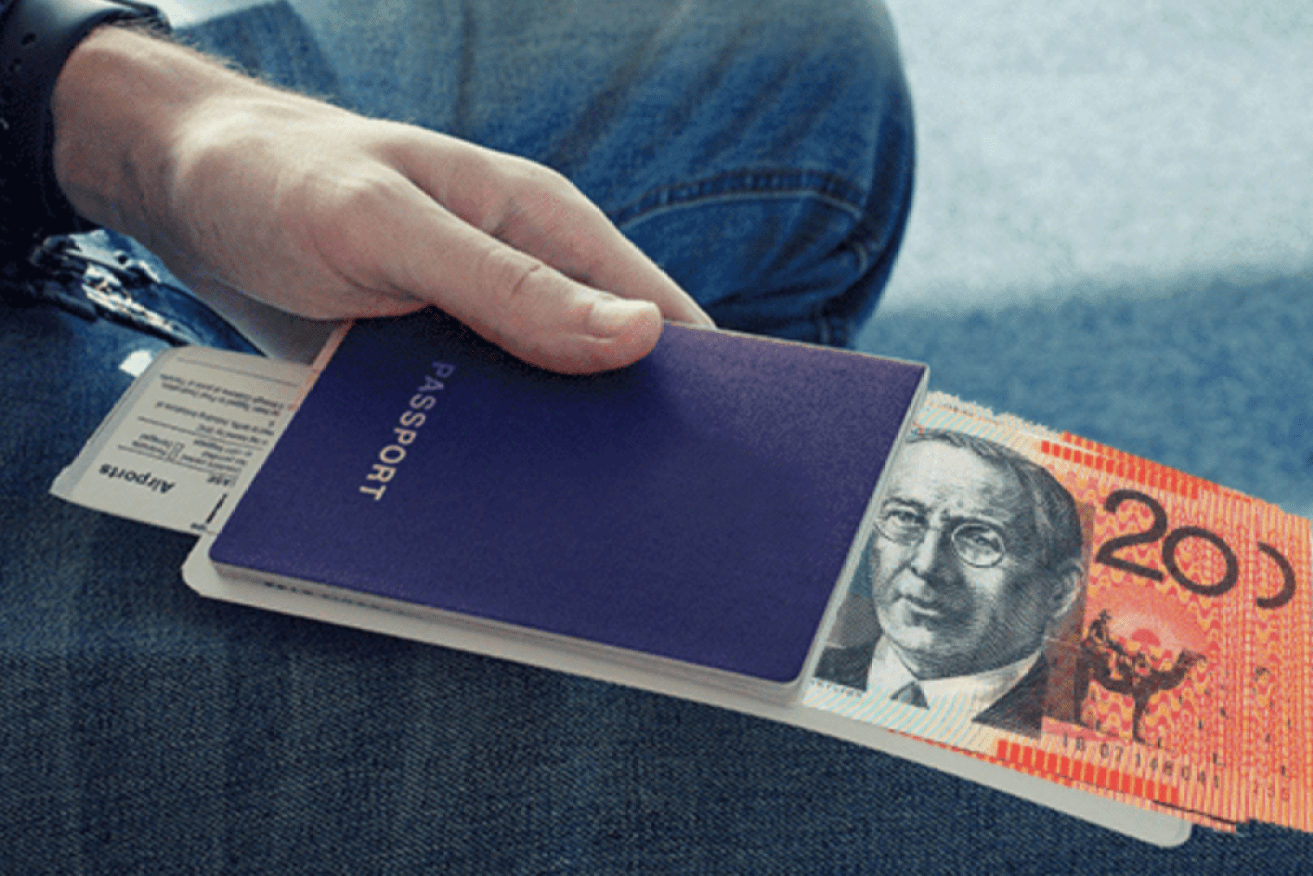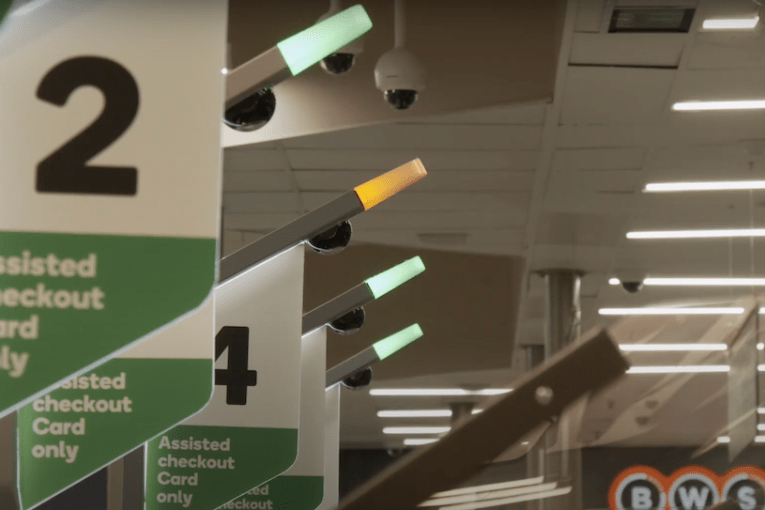Can holidaymakers claim travel refunds if the coronavirus disrupts their plans?


Travel providers have been inundated with refund requests as holiday plans are thwarted. But not everyone's happy. Photo: Getty/TND
By now, you may be at your wit’s end trying to claim a refund on travel bookings disrupted by the coronavirus.
And as some consolation, you’re definitely not alone.
More than 6000 disgruntled travellers (a 3000 per cent jump) have reported travel providers to the Australian Competition and Consumer Commission since the pandemic began.
Customers who cancelled holidays have complained of excessive refund fees, retrospective changes to contracts, and credit vouchers that may run out before travel bans are relaxed.
So, what rights do you have when making a claim?
Can I claim a travel refund?
With government restrictions banning international flights and significantly curtailing domestic travel, companies had little choice but to cancel flights and holidays.
In most instances, travellers can receive a refund or credit voucher if it is outlined in a travel ticket’s terms and conditions.
An ACCC spokesperson told The New Daily that although the lockdowns mean normal guarantees may not apply, the consumer watchdog is expecting travel providers to treat customers according to their agreements.
“[We’ll be] ensuring that businesses do not make misleading claims to consumers about their rights under contract,” he said.
Tweet from @choiceaustralia
Should I check the small print before negotiating?
Choice travel expert Jodi Bird said some contracts include ‘force majeure’ clauses, which can restrict a customer’s ability to obtain a refund in uncontrollable events like a pandemic.
However, Somerville Legal managing director Ben Hemsworth, who oversaw the successful High Court challenge against cruise operator Scenic Tours, said all travellers should be entitled to compensation.
“The Frustrated Contracts Act covers the consumer in these instances,” Mr Hemsworth told The New Daily.
“[The force majeure] clauses give travel operators an out to not provide you with what you paid for, but you would certainly be entitled to a refund.”
The ACCC cautioned providers last week to honour their pre-existing refund policies, following consumer complaints that operators were systematically applying new conditions retrospectively.
Tweet from @Peter_F_Ryan
Mr Bird said any alterations would render contracts “unfair” and urged travellers to pay close attention to the documentation that came with their ticket.
“Travellers need to revisit the PDF or some kind of hard copy when you entered into the contract,” Mr Bird said.
“Alternatively, if your provider sent you to a URL, you can utilise a website cache to compare the new T&Cs to those you agreed to.”
What travel refunds have airlines and travel companies offered?
The ACCC fielded a number of complaints from Flight Centre customers over the agency’s $300 per passenger cancellation charge.
Although consumer anger forced the company to update its terms last week to place a $600 cap on international travel groups – and $100 for domestic customers – travellers are still lobbying for additional relief.
Tweet from @Catty_Tweeter
STA Travel has also come under scrutiny for issuing re-bookings or credit vouchers in lieu of a cash refund.
Qantas’s conditions of carriage stipulate customers will be provided refunds for most cancelled flights, with credit vouchers (which last until December 31 next year) offered on flights due to depart before July 31.
Virgin Australia’s advice suggests some fares will permit full refunds, while other affected customers will be compensated with travel credits.
But Choice’s Mr Bird said customers could be left stranded if the struggling airline becomes insolvent.
“Customers can look at their travel insurance policy, but our research has found only 17 per cent of policies cover travellers if a travel provider or airline becomes insolvent,” Mr Bird said.
What can I do if negotiations stall?
Consumers have a number of avenues available before needing to take legal action.
If a customer financed their trip using a credit card, they can submit an application for a chargeback from their card-issuing bank.
And consumer regulators across the country can assist customers who fail to negotiate an adequate agreement with airlines and third-party vendors.
A spokesperson for NSW Fair Trading told The New Daily customers can lodge complaints with their relevant consumer protection agency, as “all state and federal agencies” are co-ordinating their response to this “unprecedented situation”.
Tweet from @VicOmbudsman
If those options fail, consumers can lodge a complaint with their state’s civil claims tribunal, where their case can be heard independently.
But with tribunals closed to the public due to government restrictions, and non-critical hearings deferred (until mid-May in Victoria and the latter months of 2020 in NSW), there could be a significant backlog.
Mr Hemsworth said potential class actions against providers like Flight Centre would need to establish two burdens of proof to bolster their claim.
“[Plaintiffs] would need to show that the $300 (cap) was not a genuine pre-estimate of damage, so Flight Centre would need to justify that amount was actually incurred in administration costs or fees,” Mr Hemsworth said.
“And in relation to the contract itself, whether [providers] were entitled to impose such heavy-handed fees on a $1000 plane ticket.”








